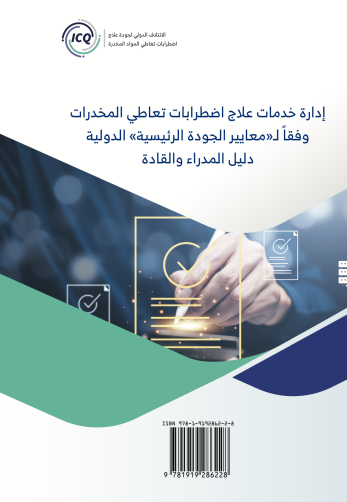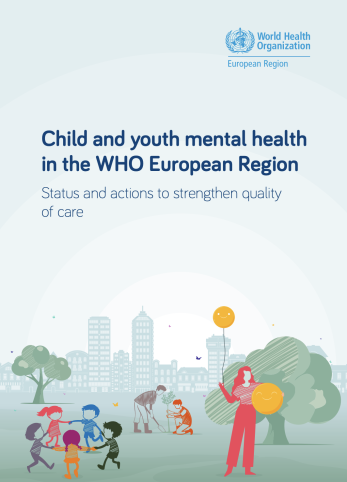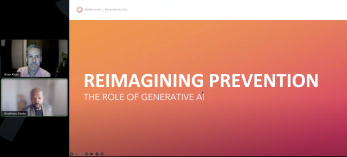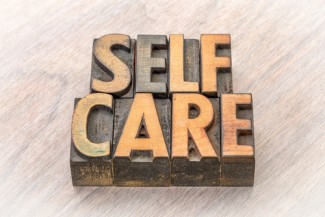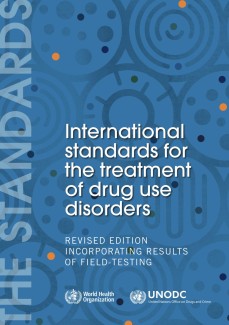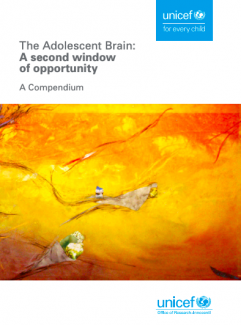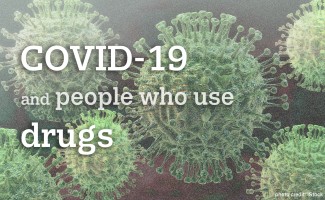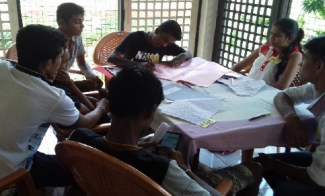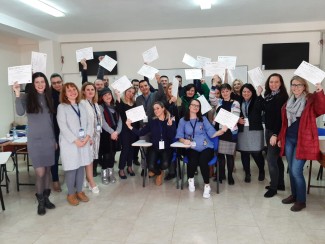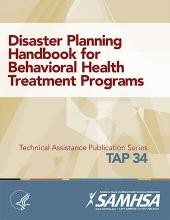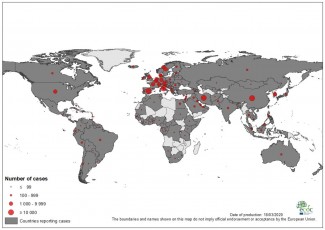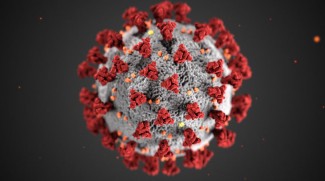
Cerca
Self‐Care for the Prevention and Management of Disease: A Statement for Healthcare Professionals
Due to the nature of their work, health care professionals frequently experience long hours, stress, burnout and compassion fatigue. If left unaddressed, these issues can lead to increased risks of mental and physical health problems.
One...
UNODC OMS ha rivisto gli standard internazionali per il trattamento dei disturbi da uso di droghe
Questo documento,"Gli standard internazionali per il trattamento dei disturbi da uso di droghe", è il lavoro dell'UNODC e dell'OMS per sostenere gli Stati membri nei loro sforzi per sviluppare
ed espandere un trattamento efficace, basato...
Adolescent Brain Development, Substance Use, and Psychotherapeutic Change
Adolescence involves dramatic biologic, psychological, and behavioural changes.
Adolescents respond, learn and explore their environment, forming new relationships and further developing their identity.
It is often a time where...
The Adolescent Brain: A second window of opportunity
Adolescence is one of the most dramatic periods of human development. As well as undergoing important physical changes, adolescents are continuing to develop their identity, which is shaped by the environment and the important relationships...
Centro risorse COVID-19: The Lancet
Per aiutare gli operatori sanitari e i ricercatori che lavorano in condizioni difficili per porre fine a questa epidemia, The Lancet ha creato un Centro risorse per il coronavirus.
Questa risorsa riunisce i nuovi contenuti sulla nuova...
COVID-19 Prevenzione, trattamento, cura e supporto dell'HIV per le persone che fanno uso di droghe e le persone nelle carceri
Tutte le persone hanno diritto alla salute, anche nei paesi in lockdown o dove è stato dichiarato lo stato di emergenza.
Le persone che fanno uso di droghe possono essere particolarmente vulnerabili al COVID-19 a causa di problemi di...
Vietata la vendita di alcolici in Groenlandia
Per molti giovani, la casa non è un luogo sicuro.
Poiché i paesi introducono misure di blocco, è importante proteggere il benessere dei giovani.
In una mossa per ridurre la potenziale violenza contro i bambini durante il confinamento del...
Serie di apprendimento sulla telemedicina
La rete Addiction Technology Transfer Center (ATTC), il Center for Excellence on Protected Health Information (CoE-PHI), il National Consortium of Telehealth Resource Centers e il Center for the Application of Substance Abuse Technologies...
COVID-19 e persone con problemi legati all'alcol: raccomandazioni per i servizi
La COVID-19 è una pandemia in rapida evoluzione con consigli e orientamenti nazionali aggiornati regolarmente.
Il fatto che l'alcol non possa più essere consumato nei luoghi pubblici, aumenta i rischi legati al bere a casa, dove l'alcol è...
COVID-19 e persone che fanno uso di droghe
La situazione relativa alle risposte all'epidemia di COVID-19 è in rapida evoluzione.
Le persone che fanno uso di droghe affrontano gli stessi rischi di quelli della popolazione generale e quindi devono essere consapevoli dei consigli...
Progetto Sujatha Daruwo Sri Lanka
Presentazione di un progetto gestito dal 2016 dall'Unità di educazione e formazione preventiva del National Dangerous Drugs Control Board dello Sri Lanka. Questo progetto si chiama "Sujatha Daruwo" o "legittimare i bambini" in inglese.
La...
Il primo addestramento walk-through su UTC da 1 a 4 tenutosi in Albania
Cari soci ISSUP,
Mi chiamo Andia Meksi e vorrei condividere con voi alcune informazioni riguardanti l'allenamento UTC tenuto a Tirana, Albania.
Il Piano Colombo - Programma di consulenza sui farmaci e l'Università della California, San...
Guida COVID-19 per i programmi di trattamento degli oppioidi
La Substance Abuse and Mental Health Services Administration (SAMHSA) ha sviluppato nuove linee guida per i professionisti e le organizzazioni che forniscono trattamenti per l'uso di sostanze negli Stati Uniti.
Le linee guida riguardano.
...TAP 34: Disaster Planning Handbook for Behavioral Health Treatment Programmes
This handbook offers guidance in creating a disaster preparedness and recovery plan for programs that provide treatment for mental illness and substance use disorders. It describes the planning process, preparing for a disaster, roles and...
Covid-19: Sito web del Centro europeo per la prevenzione e il controllo delle malattie
La pandemia di COVID-19 è in rapida evoluzione e le indagini sui focolai sono in corso. Il Centro europeo per la prevenzione e il controllo delle malattie (ECDC) sta monitorando attentamente questa epidemia, fornendo valutazioni del rischio...
UTC University Training in Ukraine
The Universal Treatment Curriculum (UTC) University training took place in Ukraine from the 10th to the 14th of March, 2020.
The aim of the training was to ensure that the multidisciplinary teams tackling substance use and addiction...
The Free Peer Recovery Support Webinar Series Starts on Friday, March 27
Peer recovery support services are increasingly becoming an important part of the behavioral healthcare workforce. They not only help people with behavioral health conditions connect to, engage in, and be active participants in treatment...
Coronavirus COVID-19 Riepilogo delle informazioni
I Centri statunitensi per il controllo e la prevenzione delle malattie (CDC) offrono questo riepilogo situazionale e la pagina degli ultimi aggiornamenti per il Coronavirus COVID-19.
La pagina include informazioni riguardanti:
- Come si...
Effectiveness Bank Alcohol Treatment Matrix: Generating System-Wide Alcohol Screening and Brief Intervention
GENERATING SYSTEM-WIDE ALCOHOL SCREENING AND BRIEF INTERVENTION
Latest instalment of fortnightly course on the evidence for alcohol treatment and brief interventions. Context is that Britain’s National Institute for Health and Care...
COVID-19: Potential Implications for Individuals with Substance Use Disorders
As people across the U.S. and the rest of the world contend with coronavirus disease 2019 (COVID-19), this article warns that the research community should be alert to the possibility that it could hit some populations with substance use...
Share the Knowledge: ISSUP members can post in the Knowledge Share – Sign in or become a member
